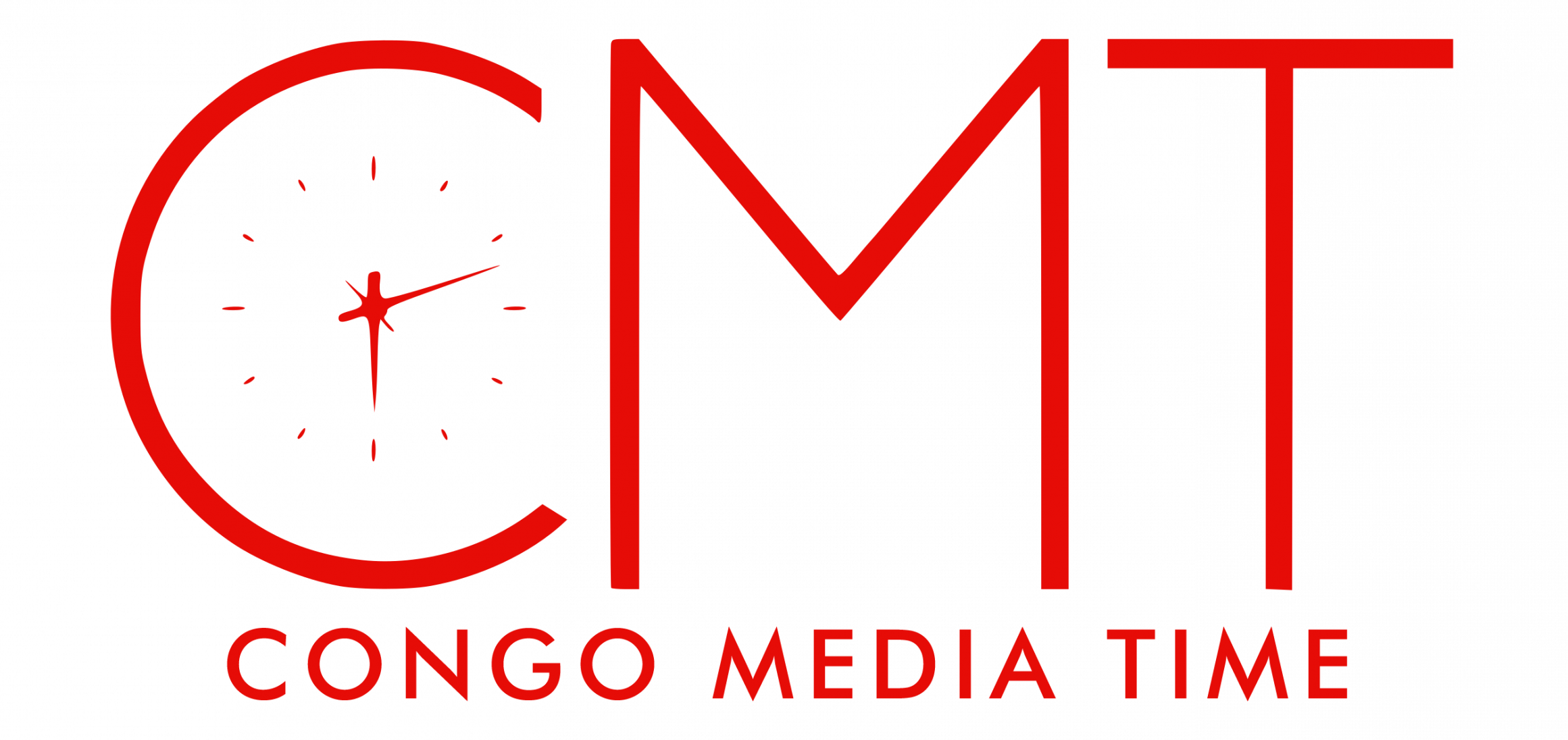🇬🇧 Civil society observers to be deployed in presidential polls

The Republic of Congo is gearing to hold presidential elections in three weeks time. Ahead of the much anticipated polls, a training session was held recently for trainers of civil society electoral observers.

The training, held in Brazzaville, was organised by the National Coordination of Civil Society Networks and Associations for Democratic Governance (Coraged) on February 26. Those who participated in the session were imparted knowledge of voting operations procedures. In turn, they are now responsible for the training of election observers.
Coraged is seeking to deploy about 1,500 election observers across the country. The organisation intends to be at the center of the presidential election and aims to be present in all polling stations in order to have reliable data to testify to the credibility of the presidential election of March 21.
“I urge you to have a strong sense of responsibility, commitment and strict respect for the rules of ethics and professional conduct which are found condensed in the code of good conduct that you have just adopted,” stated Germain Céphas Ewangui, the general coordinator of Coraged.
Secretary General Me Modeste Mbossa added, “The role of observation is to give credibility to the election, give confidence to the people, and to confirm or deny the legitimacy or not of the elected officials.”
Furthermore, the Economic Community of Central African States (CEEAC) has welcomed this initiative and expressed satisfaction in training being undertaken for poll workers.
Meanwhile, observers are governed under a 2007 decree. This decree sets out rules which states that local and foreign observers have rights to travel within the country, communicate freely with parties, access voter registers, access polling stations and observe the behaviour of officials and representatives of candidates at polling stations.
In the last presidential elections, the European Union declined to send observers citing doubts the process would be democratic. Despite electoral reforms, the EU then stated that they were insufficient to guarantee transparency and inclusiveness. Nevertheless, the African Union and Organisation Internationale de la Francophonie sent a 40 and 57 member respectively.





